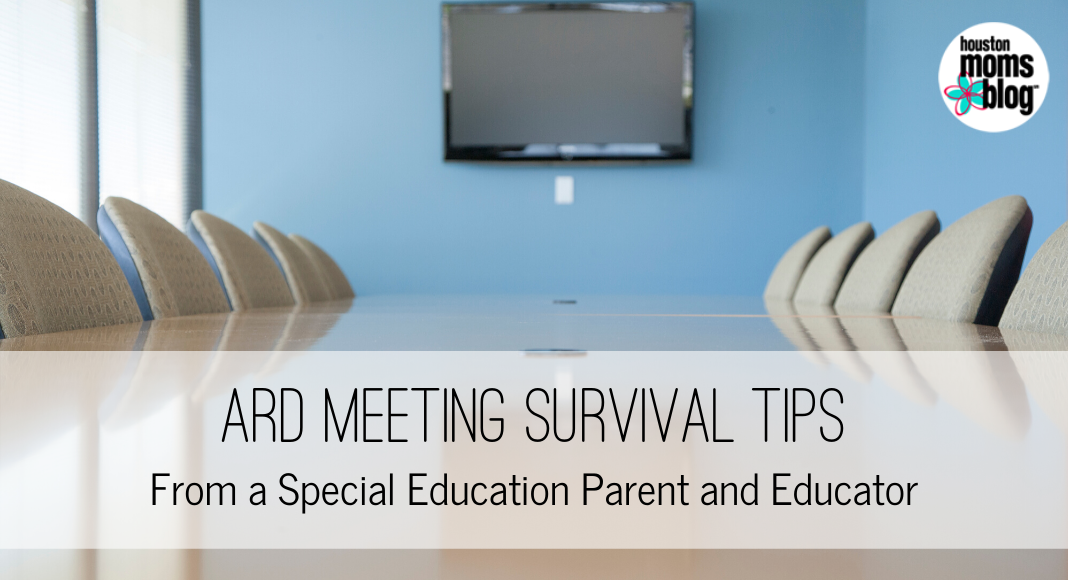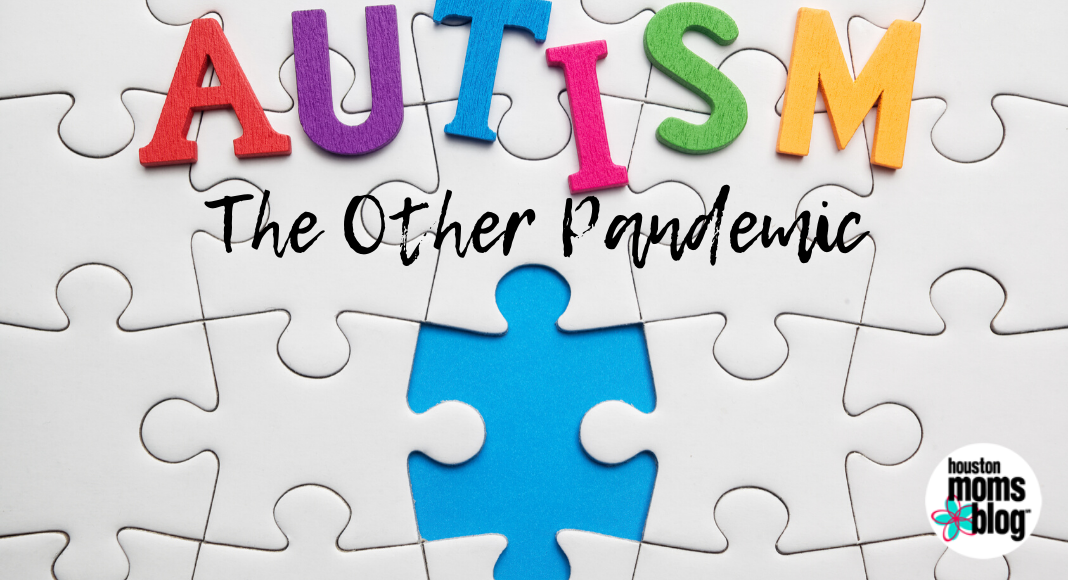March is Developmental Disabilities Awareness Month. When a mom finds herself with the gut feeling that something isn’t quite right with her baby or child, she often doesn’t know where or who to turn to for help. She needs to know that there are resources and providers available to help her and her child.
When my first baby was about 3 months old, I couldn’t shake the feeling that something wasn’t right. He’d had a rough start, being hospitalized for dehydration at only a few days old. He was having trouble feeding and gaining weight, and breastfeeding was a complete and total disaster. People told me, Don’t worry, he’s just little. He’ll catch up. They would say, You’re a first time mom; you are just overthinking everything. It’s normal.
But I knew. I knew from those early days that something wasn’t right. My baby didn’t smile until he was 11 weeks old, at three months old he wasn’t tracking with his eyes, and there was the feeding. Feeding was always such a struggle.
Intuition. What a wonderful gift, if we choose to use it.
And as it turns out, my intuition was correct. It led me to {nervously} bring up my concerns with our pediatrician, who then pointed me in the direction I needed to get help and answers.
Mama, if your intuition is telling you that something isn’t quite right with your baby, toddler, or child, LISTEN TO IT. Be proactive in seeking guidance and information. This doesn’t mean staying up all night Googling every possible worst-case scenario {been there, done that…it helps no one}. What it does mean is staying calm, and knowing that there are many resources available to you to get answers.
Talk to Your Pediatrician or Medical Provider
Your child’s doctor can be an amazing first resource and advocate for you and your child. First, make sure your child’s doctor is someone who you feel comfortable with. Does she rush through appointments and blow off your concerns or does she take the time to listen carefully to the issues you are describing? In my journey with a medically fragile child, I’ve found the best doctors to be curious, inquisitive, and humble. A good doctor will not let her expertise and medical knowledge keep her from really listening to a worried mother. A good doctor won’t blow off your concerns. She is willing to admit when she doesn’t have the answers…but is willing to do more research, run more tests, or refer you to a specialist to find those answers.
Educate Yourself
Every child is different and there often is quite a spectrum of what is “normal” in terms of development. However, it is important to know the general timeline your child should be meeting major milestones. For example, my son wasn’t grabbing at or holding objects prior to 7 months, which was an obvious delay. There are countless books and online resources that offer milestone timelines developmental checklists. The website zerotothree.org is a comprehensive resource for parents that covers a wide variety of topics concerning children from birth to age three. Their set of age-based developmental handouts are straightforward and organized, and offer that general timeline for milestones that parents need to know if their baby is on track or may need an evaluation.
Have Your Child Evaluated
If you are worried that your child may have a delay or disability, there is no harm in having him evaluated. An evaluation is simply gathering information:: it’s not a diagnosis, or even a commitment to any kind of treatment. One of the best places to start is with an Early Childhood Intervention {ECI} program, which in Texas, services children from age 0-3 with developmental delays, certain medical diagnoses, or auditory or visual impairments. You can refer your child yourself or have your pediatrician refer him to be evaluated.
If you do choose to have your child evaluated by ECI, it will take place at your home or daycare- and this is where any needed therapies will take place as well. A team of providers {whose specialties depend on your concerns} will assess your child and make recommendations at no cost. If your child does qualify for services, costs are determined using a sliding fee scale based on family size and income.
Another option is having an evaluation done by a private therapy provider. Check with your insurance plan to see what and how much they will cover.
Always remember, you know your child best. Period. If you suspect something is wrong or delayed, trust your gut, and find some answers. Parenting a child with developmental delays or disabilities is challenging and may not be the parenting road you expected, but it has immense blessings. You will never take your child reaching a milestone or learning a new skill for granted. And you will learn how strong and resourceful you really are.

















Please keep telling families about ECI. In the last 4 years, we are seeing way too many 3 and 4 year old children come into Child Find in the schools. Fewer and fewer pediatricians are telling parents about ECI. Pediatricians are helping them get private therapies. But families have no idea they could have received help very early from ECI.